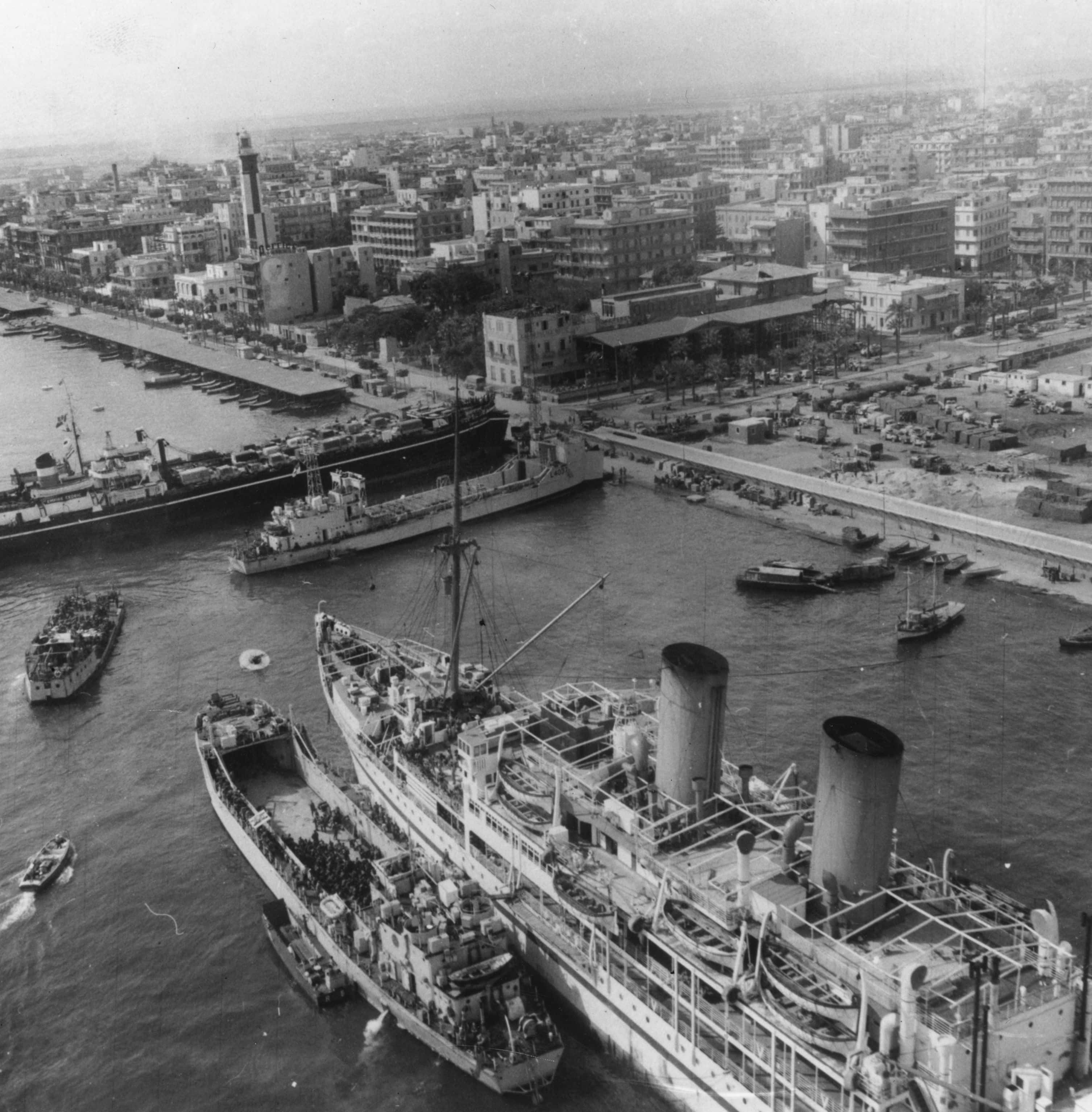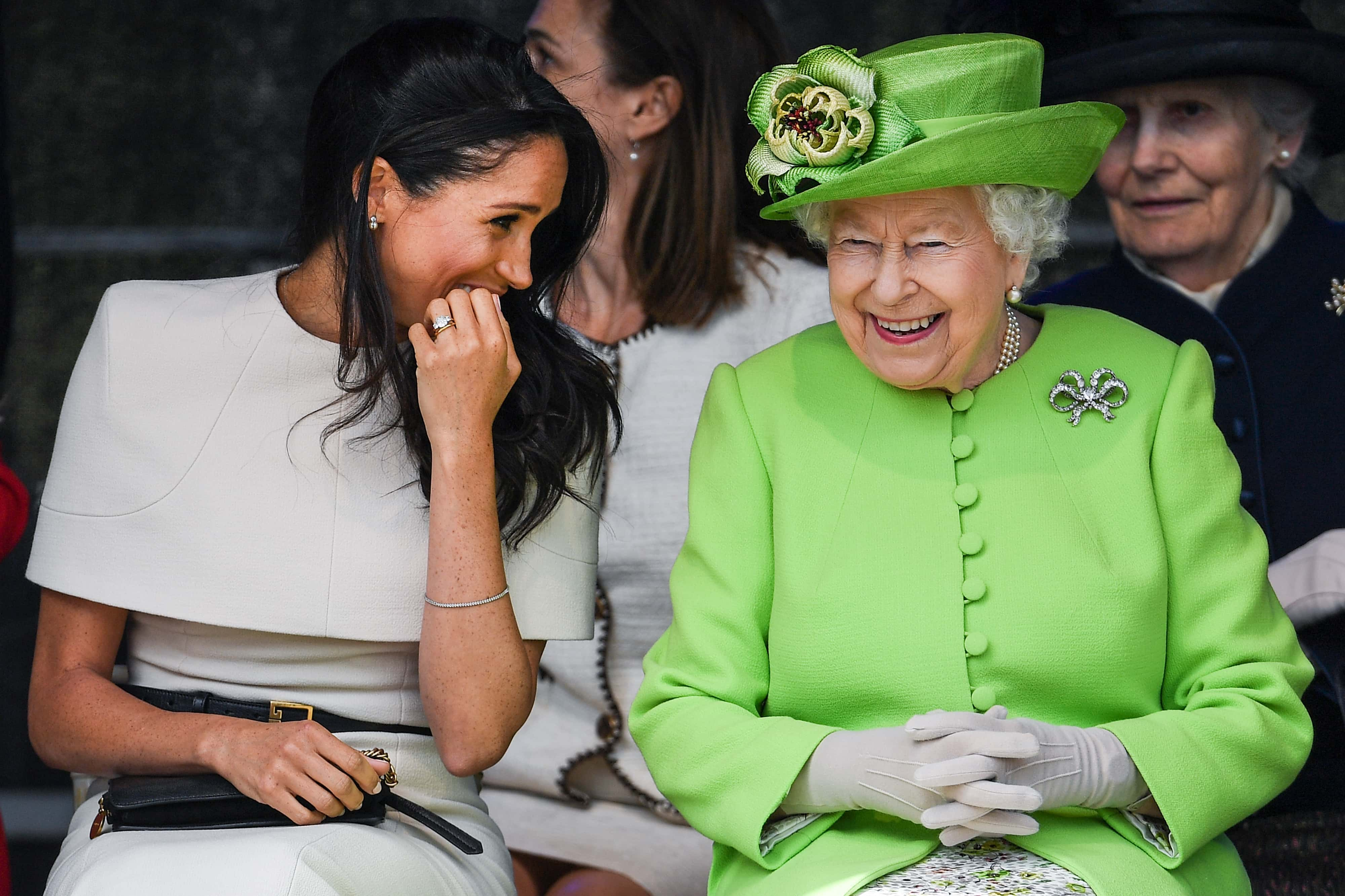Meghan Markle vs royal family: How Sussexes' interview sparked biggest trans-Atlantic scandal since Suez crisis

As far as scandals go, the British royal family has had more than a few over the years. Even very recently, the entanglement of Prince Andrew, Duke of York, with Jeffrey Epstein, who was convicted of running a sex-trafficking ring of underage girls, was a major one. But the revelations that were made on Sunday by Meghan Markle, Duchess of Sussex, and Prince Harry have managed to eclipse them all.
The revelations made by Meghan -- about racism in the royal family, about her struggles with suicidal thoughts, and how no help was given to her -- have caused ripples not just on both sides of the Atlantic but also across the globe. With global media discussing the implications of what this scandal will do to the future of the Windsor family, it is worth looking back at the last time England faced humiliation on this scale.
READ MORE

In 1956, more than a decade after the end of the Second World War, Suez proved to be Britain's biggest foreign policy disaster of the 2nd half of the 20th Century. What is now known as the Suez Crisis was actually the Second Arab–Israeli war. It was an invasion of Egypt in late 1956 by Israel, followed by the United Kingdom and France. The aims were to regain Western control of the Suez Canal and to remove Egyptian President Gamal Abdel Nasser, who had just nationalized the canal.
The actual war was short-lived - it took place from October 29, 1956, to November 7, 1956. But it quickly became a political disaster. Both, the UN and the United States demanded a ceasefire. When the Soviet Union threatened to intervene, Britain, France and Israel were forced to withdraw their troops from Egypt. It was a global humiliation for all three but especially for Britain, whose colonial heft was in its last stages.
Simon Hall, a Professor of Modern History at the University of Leeds, called it a major watershed in British history, saying, “The old political deference towards the Establishment was disappearing and it [the Suez Crisis] symbolized a broader cultural and generational moment.” A Guardian op-ed on the 50th anniversary of the war noted that Britain's biggest lesson from the event was a negative one: “Never again to go against the U.S. on an issue of strategic importance.”

According to the Imperial War Museum, the crisis had a serious impact on Britain’s international relationships. Then US President Dwight Eisenhower regarded Suez as an “unnecessary distraction from the Soviet Union’s brutal suppression of an uprising in Hungary. Several recently independent former-British colonies agreed.” Pakistan threatened to leave the Commonwealth.
Soviet leader Nikita Khrushchev attacked ‘British imperialism’, threatening to attack London with rockets, as well as sending troops to Egypt, potentially dragging NATO into the conflict. The Museum noted that while British intervention in Suez was initially popular with the British public, but following the humiliation caused by the conflict the government rapidly lost the support of the country.
Compared to that, the situation right now is not one of geopolitical humiliation. But it is, nonetheless, a troubling one. In the US, as Black Lives Matter protests rage on, whispers of racism in the British royal family have polarized people. Conservatives in the US are calling it drama and lies. Progressives are calling for a boycott of the family and monarchies in general. In Britain, the situation is not very different. While there are those who are quick to call out Meghan, there are also those who think negative comments on her from big shots in the media -- like Piers Morgan -- don't deserve to be aired.

The Suez crisis, as per Hall, not only strained Britain’s relationship with the US but showed that the empire was no longer the power it once was. “Britain was forced to back down and this was humiliating because it was played out in front of the eyes of the world… It was the beginning of the end of Britain’s empire and it boosted the growing anti-colonial movement. Much of our empire was gone within 10 years and this happened much quicker than people previously thought it would.”
British colonialism (and imperialism) has all but come to an end. The Suez crisis saw to that. But can this new scandal put a stopper on the practice of British monarchy altogether? Even though there is no geopolitical pressure, the pressure of the people, the media, and social media can be just as powerful, if not more.










